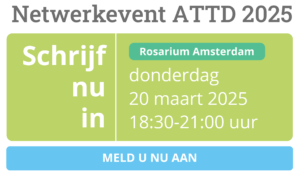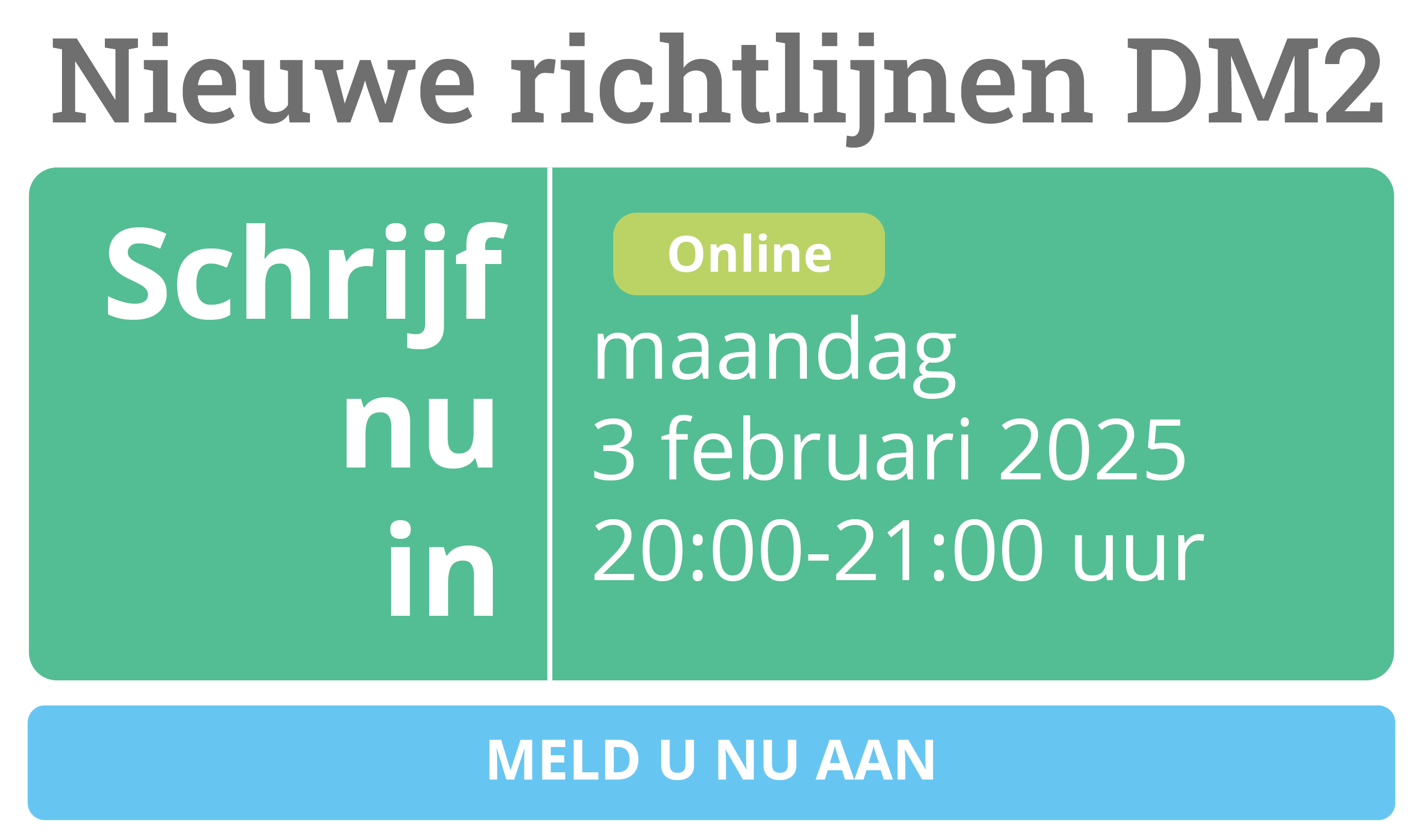To investigate associations between intakes of total fish, lean fish, fatty fish, and long-chain n-3 polyunsaturated fatty acid (LCn-3PUFA) supplements and risk of type 2 diabetes in women after pregnancy. Furthermore, we sought to compare the estimated intakes of methylmercury (MeHg) and sum of dioxins and dioxin-like polychlorinated biphenyls (dl-PCBs) with tolerable weekly intakes (TWI).
Women free of diabetes at baseline (n = 60,831) who participated in the population-based Norwegian Mother, Father and Child Cohort Study (MoBa) were prospectively evaluated for incident type 2 diabetes, identified on the basis of medication usage >90 days after delivery, ascertained through the Norwegian Prescription Database. Dietary intake data were obtained with a validated 255-item food-frequency questionnaire (FFQ), which assessed habitual diet during the first 4–5 months of pregnancy. Intakes of MeHg and sum of dioxins and dl-PCBs were derived with use of a contaminant database and the FFQ.
Median age was 31 years (interquartile range 27, 34) at time of delivery, and follow-up time was 7.5 years (6.5, 8.5). Type 2 diabetes occurred in 683 (1.1%) participants. Multivariable Cox regression analyses identified lower risk of type 2 diabetes with increasing energy-adjusted lean fish intake (25 g/1,000 kcal: hazard ratio 0.71, 95% CI 0.53–0.95, P = 0.022). However, in stratified analyses, a lower risk was found only in women with prepregnancy BMI ≥25 kg/m2. There were no associations between intake of total fish, fatty fish, or LCn-3PUFA supplements and type 2 diabetes. MeHg intake was low, but the intake of the sum of dioxins and dl-PCBs (picograms of toxic equivalents/kilograms of body weight/week) exceeded the TWI set by the European Food Safety Authority (EFSA) for the majority of participants.
Intake of lean fish, but not fatty fish or LCn-3PUFA supplements, was associated with lower risk of pharmacologically treated type 2 diabetes in Norwegian women who were overweight or obese. Fatty fish, which contain dioxins and dl-PCBs, did not increase the risk of type 2 diabetes, but the exceedance of the EFSA TWI for dioxins and dl-PCBs is a health concern.



